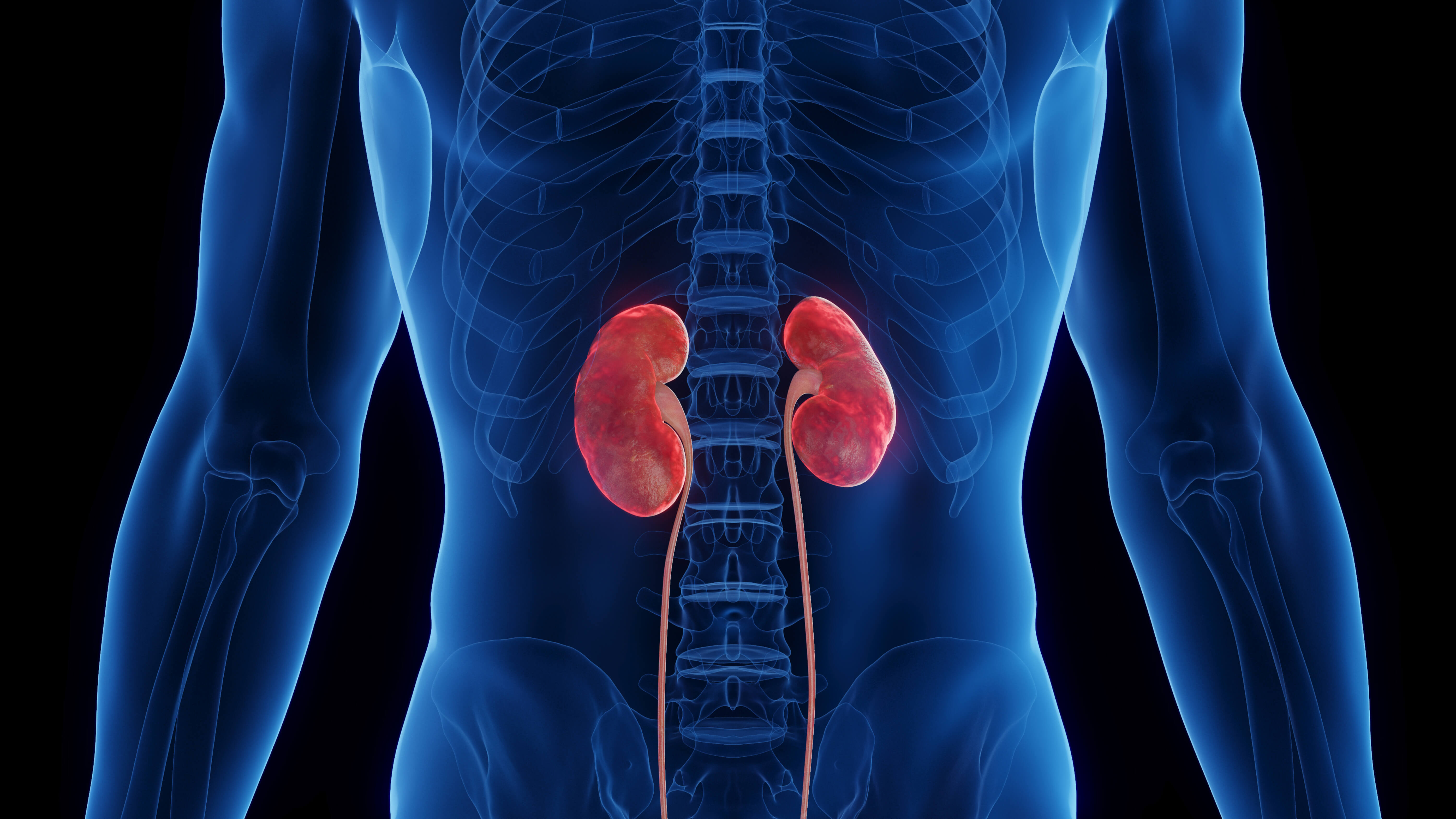Earlier Identification of Kidney Disease is our Best Tool to Reduce Disease Burden
Interwell Health aims to work closely with PCPs to give them the support and resources needed to identify and risk stratify CKD, coordinate multidisciplinary care, and educate their patients.
tags

I am excited to continue to see the emphasis on early identification and treatment of chronic kidney disease. A few years ago, I wrote about the paradigm-shifting statement from KDIGO (Kidney Disease Improving Global Outcomes) on early identification of kidney disease. At the time, KDIGO had endorsed and advocated for the strategy of early identification, risk stratification, and treatment of chronic kidney disease (CKD). This statement represented a necessary and important step forward in the fight against kidney disease.
Most recently, KDIGO released a new guideline on evaluation and management of CKD along with updated resources on how best to implement these recommendations. There are many exciting updates on the guideline incorporating new evidence on many fronts, including new medications to slow progression of CKD and reduce CVD (cardiovascular disease) adverse events. Today, I would like to celebrate the emphasis on detection, staging, and risk stratification on the guideline. To complement the guideline, KDIGO has released specific resources for providers, especially primary care providers (PCPs).
A particularly valuable resource is a series of conversations with my great friend, colleague, and co-founder of the Kidney Health Research Collaborative at UCSF, Dr. Michael Shlipak. He provides guidance relevant to PCPs regarding detection, staging, and risk assessment in CKD. For example, he discusses the importance of albuminuria testing in addition to eGFR (estimated glomerular filtration rate) to appropriately stage CKD. It provides an excellent guide for the providers who care for our patients in primary care.
"We know that when PCPs have the right tools and resources needed to manage this difficult disease, we can help even more patients avoid kidney failure. These tools exist now: the challenge is encouraging their rapid, widespread adoption."
As I have written before, PCPs are key to early detection and treatment. These providers often have close and longer-term relationships with their patients, know their history, and are best positioned to identify the disease early. Yet with so many other clinical needs requiring their attention, it has always been a challenge to easily diagnose and treat CKD at earlier stages. That's why I have long advocated for the need to support PCPs in this endeavor. We need to build the technology, tools, and guidelines that can best support PCPs in this challenging work to reduce their burden, rather than add to their lengthy list of responsibilities.
Interwell Health is at the leading edge of this shift to reimagine kidney care and bridge these gaps in care. We aim to work closely with PCPs to give them the support and resources needed to identify and risk stratify CKD, coordinate multidisciplinary care, and educate their patients to best manage their disease. Our holistic care team can meet the diverse needs of their patients. We also encourage prompt referral to a nephrologist, including within our extensive Interwell Provider Network, for those most at-risk of complications. And finally, we are helping to realign financial incentives to support early disease identification and management to slow progression, rather than relying on dialysis.
CKD is one of the most common chronic diseases in the U.S., but too many people simply do not know they have it until it’s too late. This means they are not aware of or taking advantage of all the resources, support, and medication available to better manage and slow its progression. Their kidneys fail and they need dialysis. It’s terrible for patients and very costly to the healthcare system. In the U.S., 1 in 7 adults is estimated to have some stage of kidney disease. For those with more advanced stages, 50 percent don't even know they have it. We have the power to change this troubling fact and improve many more lives.
Kidney care’s transformation is a lengthy process, but change is accelerating. The last few years have seen incredible innovation and momentum in the swing to more value-based approaches that are improving health equity and driving exciting changes around how we care for people living with kidney disease. We know that when PCPs have the right tools and resources needed to manage this difficult disease, we can help even more patients avoid kidney failure. These tools exist now: the challenge is encouraging their rapid, widespread adoption.

Carmen Peralta, MD, MAS, FASN
Chief Clinical Officer
Dr. Carmen Peralta brings deep clinical experience to her role as Chief Clinical Officer. She cofounded and served as the inaugural Executive Director of UCSF's Kidney Health Research Collaborative and her research has been published extensively.